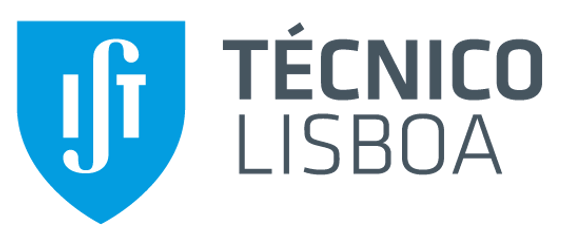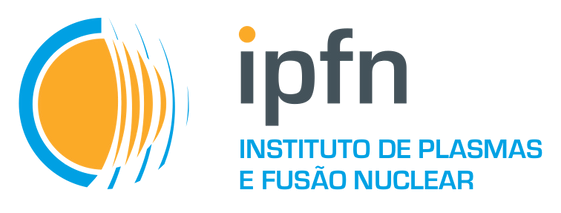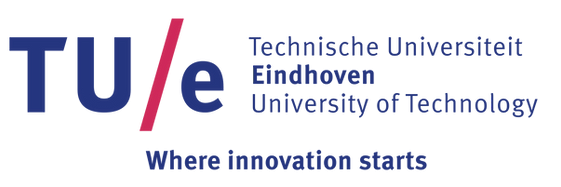PARADiSE
the PlasmA RoAD to Solar fuEls
Partners

Since its creation in 1911, Instituto Superior Técnico is the largest and most reputed school of Engineering, Science and Technology and Architecture in Portugal. IST aims to give its students and alumni the education and the knowledge tools to improve, to change and to shape society through science, technology, and entrepreneurship. We provide top quality higher education, strongly exposed to Research, Development and Innovation (RD&I) activities, immersing students in an exciting and global environment geared towards solving the challenges of the XXIst Century.
IST in PARADiSE
IST is the host of PREMiERE through its association for research and development. Its role as host is evident, since all students in PREMiERE working towards a degree (Master or PhD) are officially enrolled in IST study programmes and the large majority of the research team has a formal contract with IST. All the theoretical and modelling work is performed at IST and IPFN.
Instituto de Plasmas e Fusão Nuclear (IPFN) is an Associate Laboratory of FCT and the Portuguese research unit managing the Eurofusion Contract. IPFN researchers work on cuttingedge fields of Plasma Science and Engineering, Controlled Nuclear Fusion, Lasers and Photonics and Advanced Computing, participating in largescale R&D projects (ITER, HIPER, ELI). IPFN promotes a culture of ambition and leadership, in a permanent pursuit of the most far-reaching and intellectually demanding scientific and technological problems, attracting the best talents in the field to work in an exciting environment, strongly networked with other world-leading institutions. Fostering excellence in international context, IPFN provides a unique setting for worldclass scientific research, technological transfer and advanced training.
IPFN in PARADiSE
IPFN is located on the IST campus and guarantees an important set of additional resources, from the administrative support and physical space to host students, staff and researchers, to the access to its experimental facilities and the direct involvement of its researchers in the scientific activities of the project.
The new Dutch Institute for Fundamental Energy Research (DIFFER) started its work on 1 January 2012 and performs fundamental energy research in the fields of nuclear fusion and solar fuels. The issues of energy and climate change require to develop sustainable energy on a global scale. This transition is one of mankind’s biggest challenges in this century and its success depends on solving a score of scientific questions. The mission of the Dutch Institute for Fundamental Energy Research DIFFER is to conduct leading fundamental research in the fields of fusion and solar fuels, in close partnership with academia and industry. To successfully transfer fundamental insights to society at large, DIFFER is actively building an energy science society through the formation of multidisciplinary networks
DIFFER in PARADiSE
DIFFER conducts optical-pumping experiments that allow tracking the vibrational energy exchanges in CO2-CO2 collisions, essential for model validation. Furthermore, it designs experiments to understand the interaction between plasma and solid oxide electrolysis membranes for product separation, and guide de construction of a prototype.
Eindhoven University of Technology (TU/e) is a research university specializing in engineering science & technology. Its education, research and knowledge valorization contribute to: science for society: solving the major societal issues and boosting prosperity and welfare by focusing on the Strategic Areas of Energy, Health and Smart Mobility science for industry: the development of technological innovation in cooperation with industry science for science: progress in engineering sciences through excellence in key research cores and innovation in education TU/e profiles itself as a leading, international, in engineering science & technology specialized university. We offer excellent teaching and research and thereby contribute to the advancement of technical sciences and research to the developing of technological innovations and the growth of wealth and prosperity both in its own region (technology & innovation hotspot Eindhoven) and beyond.
In short, the TU/e profiles itself as the university where innovation starts.
TU/e in PARADiSE
The influence of H2O and N2 impurities in CO2 dissociation are experimentally studied at the Department of Applied Physics of TU/e, on pulsed and continues DC discharges at low pressures and currents, with a variety of advanced laser diagnostics, such as two- and single-photon absorption laser-induced fluorescence, cavity ring-down spectroscopy, and quantum cascade laser spectroscopy. A research grant from the project is awarded to involve a young researcher in the measurements at TU/e. The PhD thesis of Maik Budde, entitled Investigating methods to vibrationally excite CO2 with plasma is developed in co-supervision between IST and TU/e. Additionally, a research grant from the project is awarded to involve a young researcher in the measurements at TU/e. 
The Laboratoire de Physique des Plasmas at Ecole Polytechnique was created in January 2009 by the fusion of the Laboratoire de Physique et Technologie des Plasmas (LPTP, CNRS, EcolePolytechnique) with the Centre d’étude des Environnements Terrestre et Planétaires (CETP, CNRS, UVSQ, UPMC). It pursues research into all fields of plasma physics, from hot to cold plasmas and from laboratory to space plasmas,combining theoretical, simulation and experimental approaches.LPP´s objective is to make significant contributions to the major contemporary international projects in plasma physics : spaceplasma research into the sunearthand other planetary systems, and the ITER project where magnetically confined hot plasmas willbe harnessed to achieve controlled nuclear fusion. LPP is also strongly involved with plasma technologies such as plasmas for nanotechnology,depollution,and plasma sources.
